How the Sharpeville massacre changed the course of human rights
It’s been 60 years since dozens of protesters were killed at a peaceful anti-apartheid rally in South Africa. Stephen Wheatley explores how this tragedy paved the way for the modern United Nations
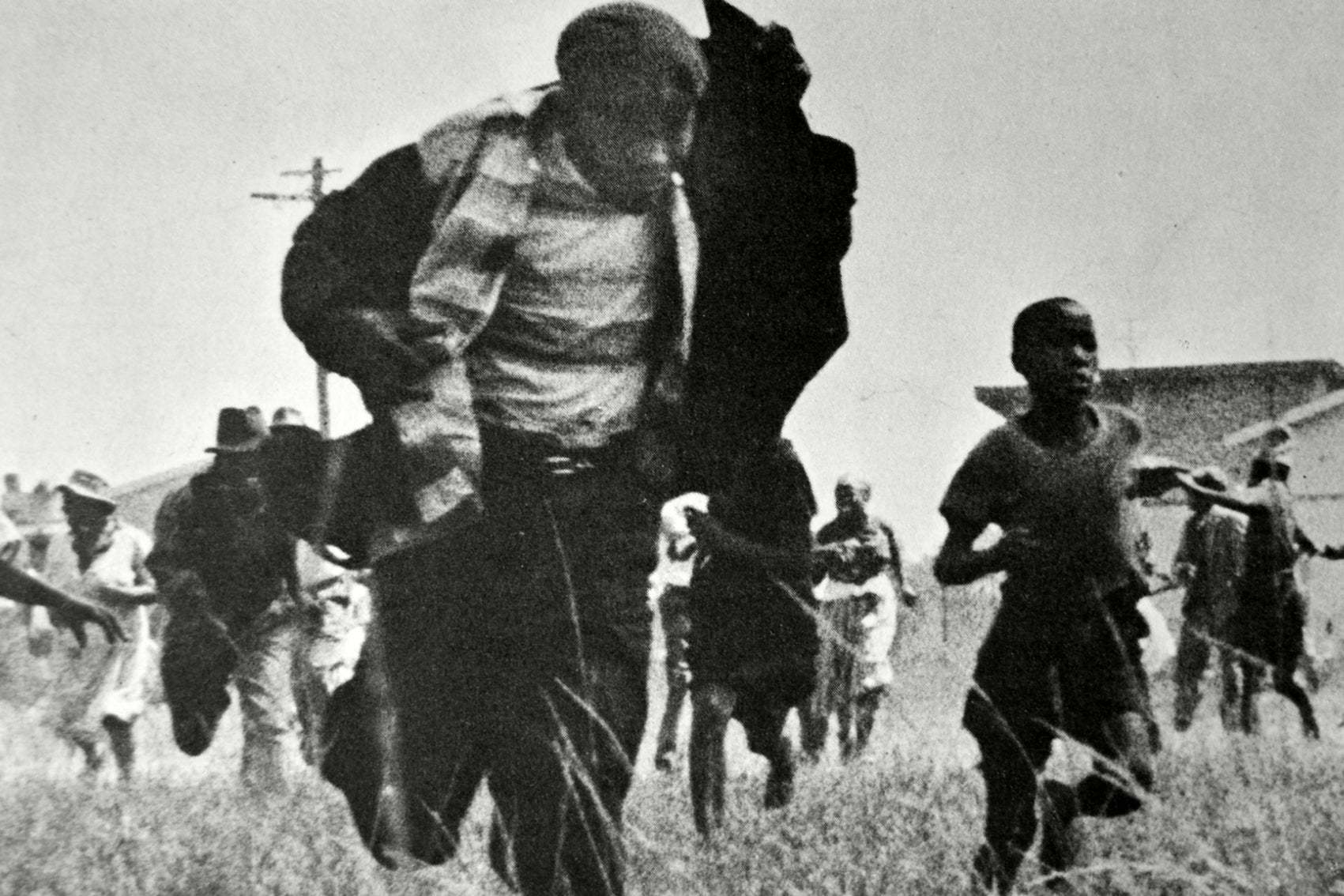
Your support helps us to tell the story
From reproductive rights to climate change to Big Tech, The Independent is on the ground when the story is developing. Whether it's investigating the financials of Elon Musk's pro-Trump PAC or producing our latest documentary, 'The A Word', which shines a light on the American women fighting for reproductive rights, we know how important it is to parse out the facts from the messaging.
At such a critical moment in US history, we need reporters on the ground. Your donation allows us to keep sending journalists to speak to both sides of the story.
The Independent is trusted by Americans across the entire political spectrum. And unlike many other quality news outlets, we choose not to lock Americans out of our reporting and analysis with paywalls. We believe quality journalism should be available to everyone, paid for by those who can afford it.
Your support makes all the difference.The Sharpeville massacre, the name given to the murder of 69 unarmed civilians by armed South African police, took place on 21 March 1960. That date now marks the International Day for the Elimination of Racial Discrimination, and without the Sharpeville massacre, we may not have the international system of human rights that we have today. In 1960, states had no binding international human rights obligations and there were no oversight mechanisms. All that changed following the world’s moral outrage at the killings.
Early on that March morning, demonstrations against the pass laws, which restricted the rights of apartheid South Africa’s majority black population, had begun in Sharpeville, a township in Transvaal. By lunchtime, the crowd outside the police station had grown to an estimated 20,000 people. All the evidence points to the gathering being peaceful and good humoured.
Just after 1pm, there was an altercation between the police officer in charge and the leaders of the demonstration. Amid confusion, two shots were fired into the air by somebody in the crowd. In response, a police officer shouted in Afrikaans skiet or n’skiet (exactly which is not clear), which translates either as “shot” or “shoot”. Another officer interpreted this as an order and opened fire, triggering a lethal fusillade as 168 police constables followed his example. By the end of the day, 69 people lay dead or dying, with hundreds more injured.
The power of an event
In my own research, I have looked to complexity theory – a theory developed in the natural sciences to make sense of the ways that patterns of behaviour emerge and change – to understand the way that international human rights law developed and evolved. One of the insights has been that international law does not change unless there is some trigger for countries to change their behaviour.
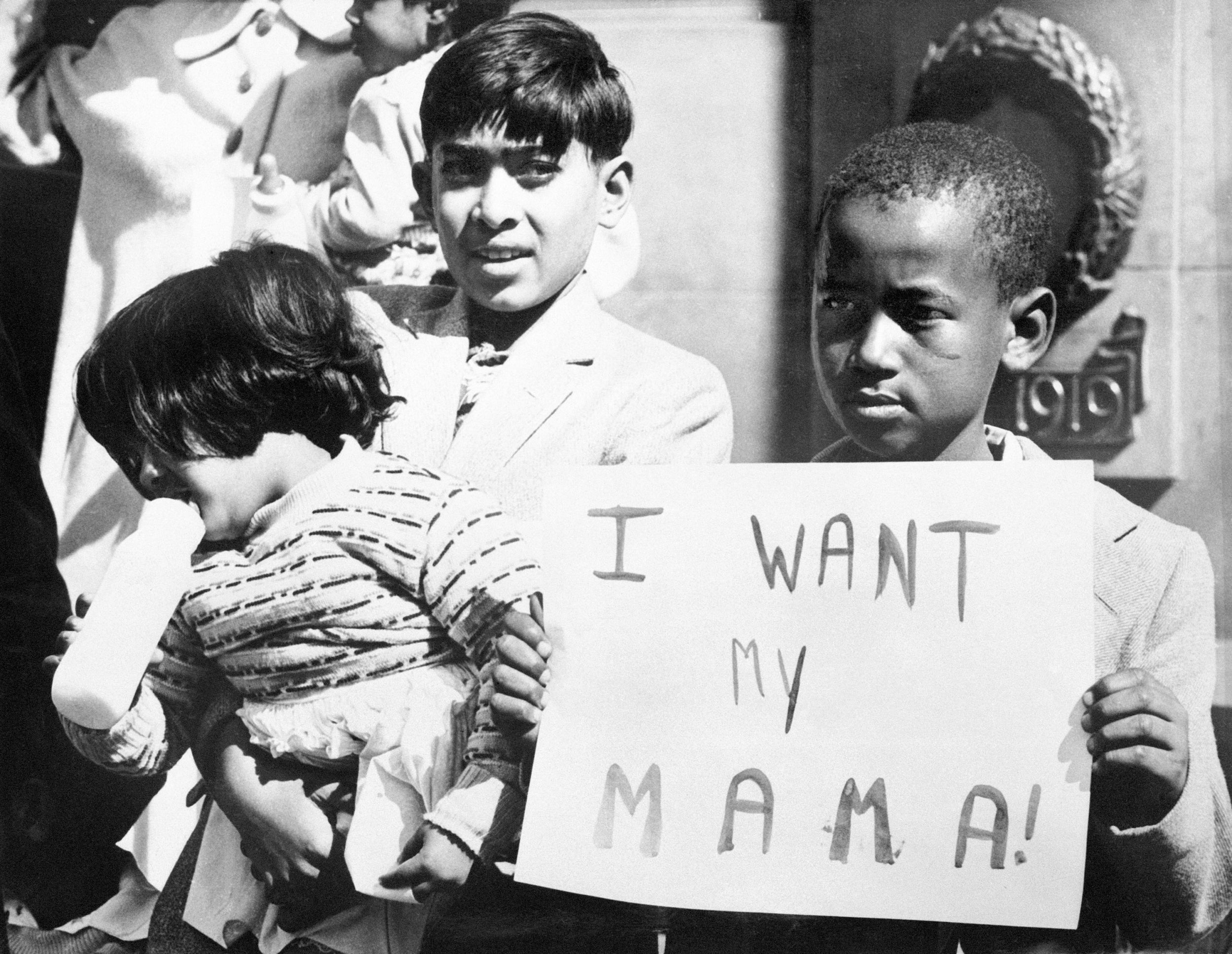
Significant reshaping of international law is often the result of momentous occurrences, most notably the two world wars. But change can also be prompted by seemingly minor events in global affairs, such as the Sharpeville massacre – the so-called butterfly effect.
The world should remember the contingency and fragility of the international human rights law system that we so easily take for granted today
The term “human rights” was first used in the UN Charter in 1945. In 1946, the UN established the Commission on Human Rights, whose first job was to draft a declaration on human rights. The commission completed this task, under the chairmanship of Eleanor Roosevelt, when it finalised the Universal Declaration of Human Rights in 1948.
But attempts to transform this non-binding moral declaration into a binding legal code were immediately bogged down in Cold War disputes. The logjam was only broken after the Sharpeville massacre, as the UN decided to deal with the problem of apartheid South Africa.
Apartheid before the UN
The subject of racial discrimination in South Africa was raised at the UN General Assembly in its first session, in 1946, in the form of a complaint by India concerning the treatment of Indians in the country. But it was not until after Sharpeville that the UN made clear that the country’s system of racial segregation would no longer be tolerated.
As part of its response, the General Assembly tasked the UN Commission on Human Rights to prepare the International Convention on the Elimination of All Forms of Racial Discrimination, the first global human rights treaty. It was adopted on 21 December 1965. The argument against apartheid was now framed as a specific manifestation of a wider battle for human rights, and it was the only political system mentioned in the convention: Nazism and antisemitism were not included.
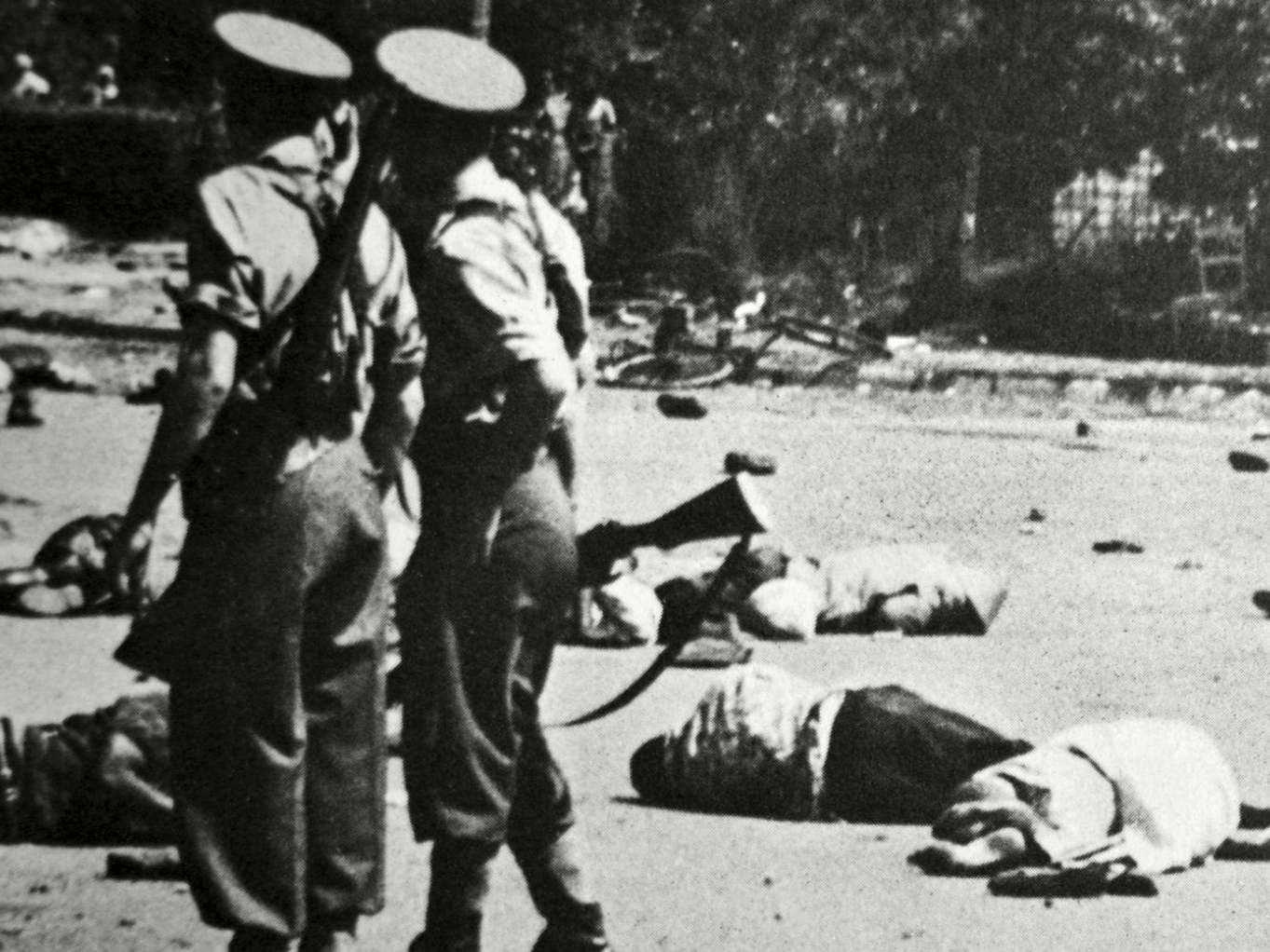
The adoption of the convention was quickly followed by two international covenants – on economic, social and cultural rights and on civil and political rights – in 1966, introduced to give effect to the rights in the Universal Declaration of Human Rights.
‘Gross and systematic’ violations
As well as the introduction of the race convention, Sharpeville also spurred other moves at the UN that changed the way it could act against countries that breached an individual’s human rights.
At its inaugural session in 1947, the UN Commission on Human Rights had decided that it had “no power to take any action in regard to any complaints concerning human rights”. For the next two and a half decades, the commission held to this position on the basis that the UN Charter only required states to “promote”, rather than “protect”, human rights.
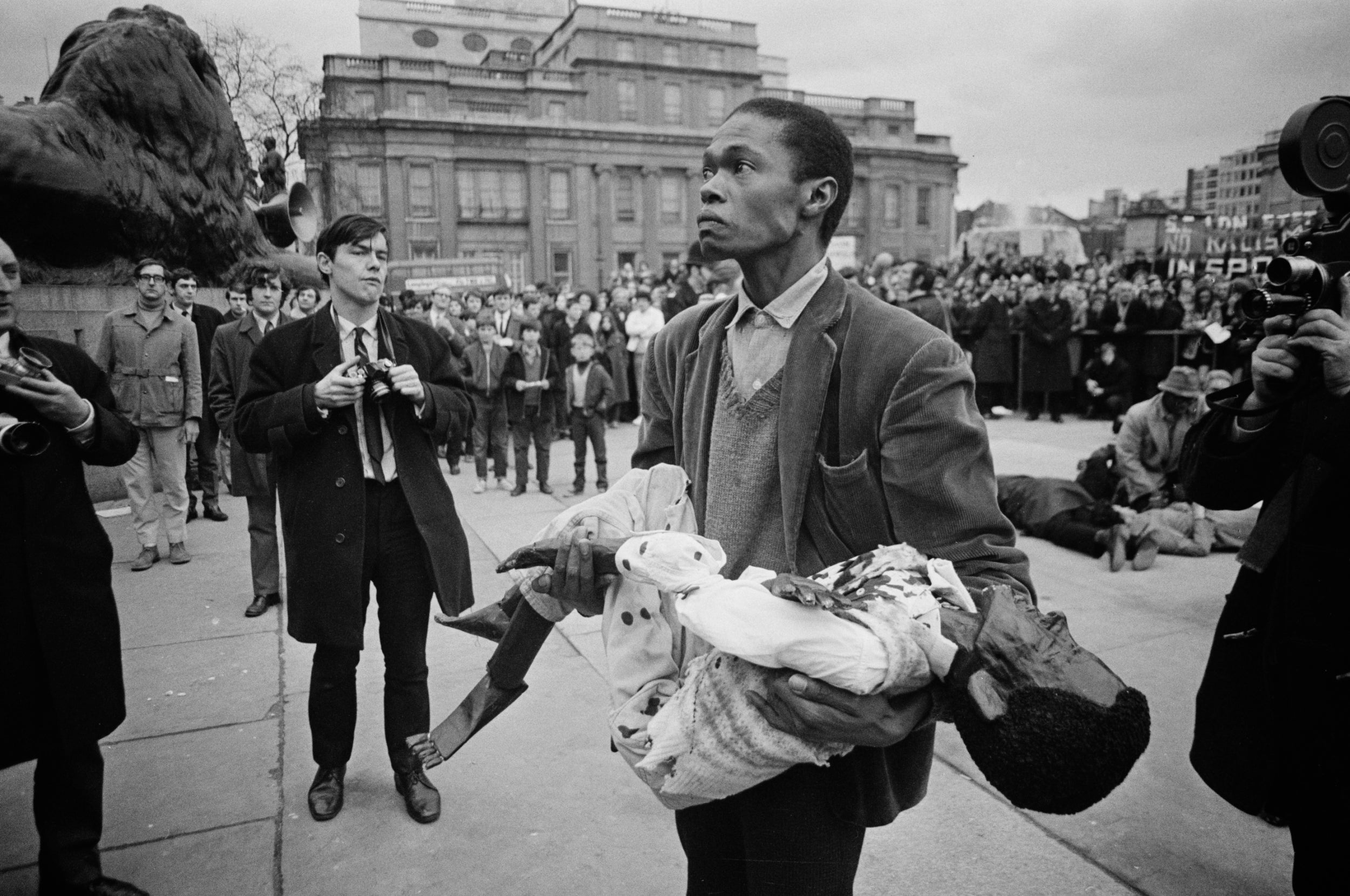
But in the aftermath of the Sharpeville massacre, the UN adopted a more interventionist stance towards the apartheid state. As the number of UN members from Africa increased, the commission reversed its “no power to act” position and turned its attention to the human rights situation in South Africa.
The key developments were the adoption of Resolution 1235 in 1967, which allowed for the examination of complaints of “gross violations of human rights and fundamental freedoms, as exemplified by the policy of apartheid”, and Resolution 1503 in 1970, which allowed the UN to examine complaints of “a consistent pattern of gross and reliably attested violations of human rights”.
These resolutions established two important principles: that the human rights provisions in the UN Charter created binding obligations for member states, and that the UN could intervene directly in situations involving serious violations of human rights.
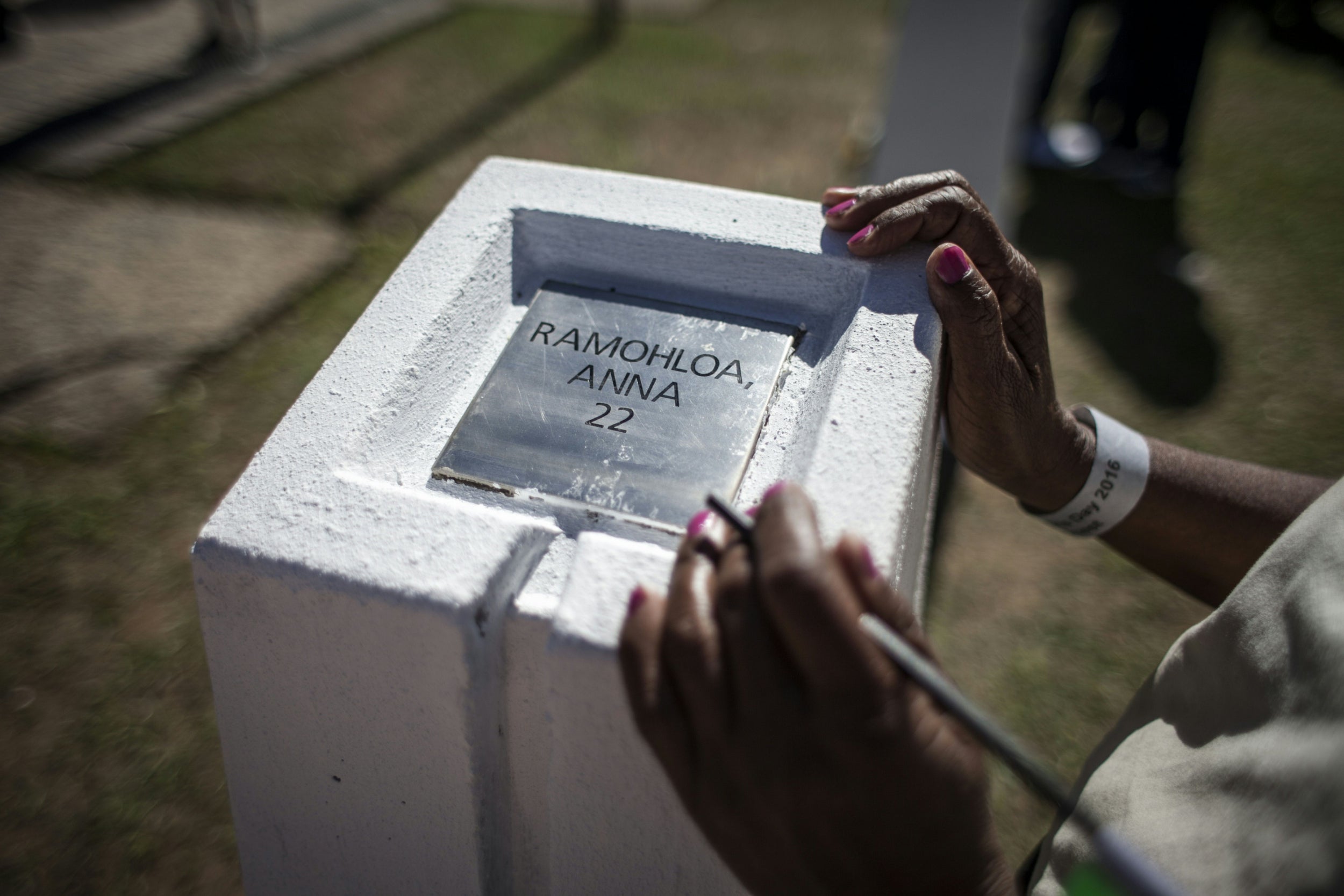
This set the UN on the path towards the recognition of “all human rights for all” and, eventually, the establishment of the Human Rights Council and the Universal Periodic Review of the human rights performance of all states.
On the 60th anniversary of the Sharpeville massacre, the world should remember the contingency and fragility of the international human rights law system that we so easily take for granted today.
Stephen Wheatley is a professor of international law at Lancaster University. This article first appeared on The Conversation
Join our commenting forum
Join thought-provoking conversations, follow other Independent readers and see their replies
Comments